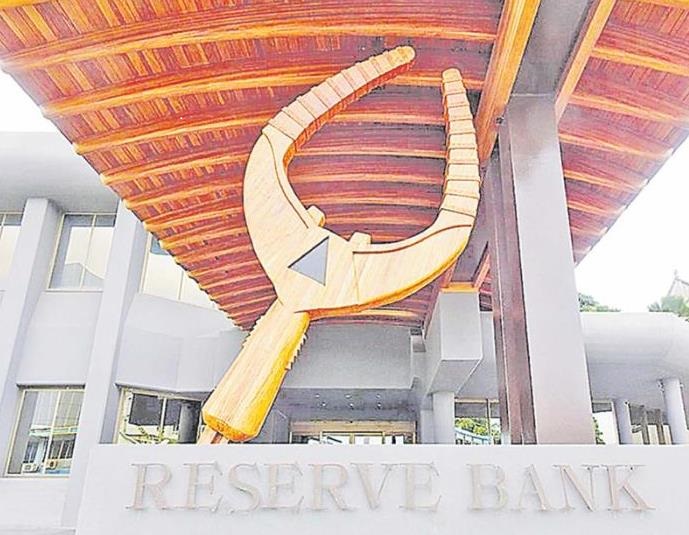THE Reserve Bank (RBF) of Fiji is keeping a close watch on “emerging external risks” to its favourable outlook on the economy, particularly the potential effects of what it views as “rising geopolitical uncertainty” increased trade tariffs and their impact on global activity and Fiji’s trading partners.
This was disclosed in its latest statement following an RBF board meeting on Thursday, where the board had approved maintaining the Overnight Policy Rate at 0.25 percent.
“The Fijian economy could benefit from competitive import prices on goods redirected from countries with higher tariffs to the rest of the world,” board chair and RBF Governor Ariff Ali said.
“At the same time, a higher-cost environment in the US could dampen demand for Fijian exports. As such the RBF will continue to closely monitor global & domestic developments and review monetary policy accordingly at its next board meeting on March 27, 2025.”
While the overnight policy rate had been at its lowest since March 2020 and had led to a prevailing “lowest interest rate” environment, loan take up had been slow to catch up.
Nevertheless, its outlook remained positive.
“In January, private sector credit grew by 11.8 percent, with new loans for investment purposes, mainly to the real estate sector, increased “suggesting an improvement in investment activity”, RBF stated.
“Additionally, labour market tightness has eased due to better supply, partly shaped by higher foreign workers and lower resident departures.”
“The banking sector remains supportive of growth with ample system liquidity of $2.1billion (26/02) and lending rates at near historical lows.
“Visitor arrivals continued to grow, though at a softer pace (0.7per cent) in January, reaching a record of 70,794 for the month.
“Tourism activity, higher wages, consumption-related loans, and remittances translated into robust domestic VAT collections, indicating upbeat consumption activity.”
On the central bank’s twin monetary objectives, annual headline inflation rose to 4.0 percent in January 2025 (December 2024: 1.3 per cent), led by one-off increases in prices of local market crops and vegetables as a result of the December flooding in the Western Division while foreign reserves at February 27 were valued at around $3.6billion, sufficient to cover 5.8 months of retained imports of goods and services.
“Looking ahead, the RBF expects inflation to moderate in the coming months with foreign reserves projected to remain adequate over the medium term,” the bank stated.
NOTE: This article was first published in the print edition of the Fiji Times dated MARCH 1, 2025.



